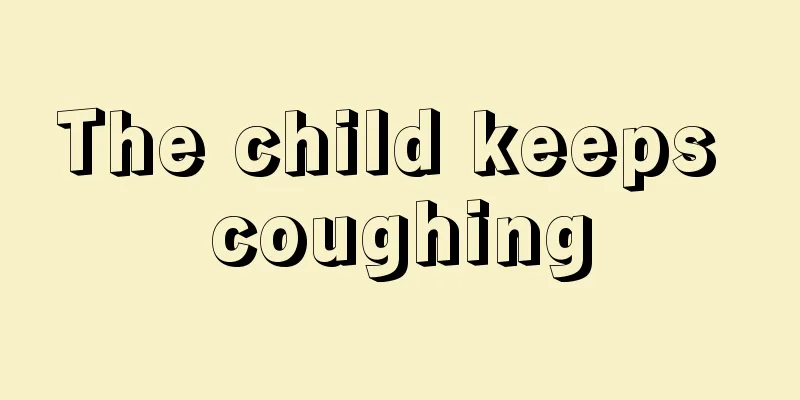What are the dangers of intravenous infusion in children?

|
For many diseases of the body, people generally choose to take medicine or adopt diet adjustment, etc. Such treatment methods have relatively few side effects, but many times, the effect of such treatment methods is limited, or even has no therapeutic effect at all. At this time, you must consider intravenous therapy. Everyone must go to a regular hospital for infusion to avoid the side effects caused by infusion. So what are the possible dangers of intravenous infusion for children? The harm of baby hanging water: If you give your child an IV drip now, it means that the child will become dependent on it, and if he feels uncomfortable in the future, he will need to be given an IV drip, so you should pay more attention and try to avoid it. 1. Fever reaction The introduction of pyrogenic substances, incomplete cleaning and sterilization of infusion bottles, or contamination can cause the patient to feel chills, shiver, and fever. In severe cases, the fever can reach 40 to 41 degrees Celsius. 2. Pulmonary edema Because the infusion speed is too fast and too much fluid is infused in a short period of time, the circulating blood volume increases sharply, the heart is overloaded and causes edema, which can be life-threatening in severe cases. For patients with heart failure or a history of heart disease, rapid and large-volume infusion may aggravate heart failure and, in severe cases, induce pulmonary edema. 3. Phlebitis Long-term infusion of highly concentrated and irritating drugs, or placement of highly irritating plastic tubes in veins for too long, can cause chemical inflammatory reactions in the local venous wall. Local venous infection can also occur due to lax aseptic operation during the infusion process. 4. Air embolism The reason is that the air was not completely exhausted during the infusion and the rubber tube was not connected tightly and had leaks. As long as a small amount of air enters the vein, the patient will feel abnormal discomfort in the chest, followed by difficulty breathing, severe cyanosis and hypoxia, and may even lead to sudden death. 5. “Malignant” adverse drug reactions Intravenous drips are also more likely to cause adverse drug reactions, especially allergic reactions, than oral medications. If taken orally, the impurities in the medicine that can cause allergies may be digested in the digestive tract or may not be absorbed by the body. However, when given through an IV, these impurities directly enter the bloodstream, and in severe cases can cause anaphylactic shock or even death. Recently, the media has frequently reported that patients died suddenly after using Chinese medicine injections. This was caused by this reason. The media also revealed that a hospital found black flocs in the infusion bottle. A doctor said, "Adverse drug reactions are ultimately caused by the drugs themselves, but intravenous infusion exacerbates these adverse reactions, which can lead to shock or even death in severe cases. The serious adverse reactions caused by "Xinfu" injection, Houttuynia injection, Acanthopanax injection, and Yinzhihuang injection are shocking and lingering pain. |
<<: What medicine should I apply to my baby's red buttocks?
Recommend
What are the causes and treatments of hair loss in children?
The problem of hair loss is most likely to occur ...
Red spots on eyes
If a red spot grows around the eyes, it is genera...
Baby's face, chin and nose are red and hot
Babies are young and sometimes cannot express the...
The girl has secretions from her lower body
For women, the secretions from the lower body are...
White spots appear on the child's face
The appearance of white spots on a child's fa...
What causes frequent foot pain in children?
Children often experience foot pain, which is mos...
What are the sensitive periods of children? Parents must remember these 9 sensitive periods
A child’s sensitive period is also the best time ...
Are there any side effects of nebulization for children?
Children's colds have always been a problem t...
Which department should children with ADHD go to?
Nowadays, medicine is becoming more and more adva...
Is it good for children to take a bath every day?
Many children are afraid of taking a bath, but ta...
What is the cause of high platelet count in newborns?
Platelets play an important role in the human bod...
What is the reason for children’s thick white tongue coating?
In daily life, every move of the baby will concer...
Correct sleeping position for baby with right torticollis
The baby's sleep is related to the baby's...
The best way to treat myopia in children
Faced with heavy academic workload and the tempta...
What to do if your eight-month-old baby has a fever
Some parents become overly nervous when they see ...









